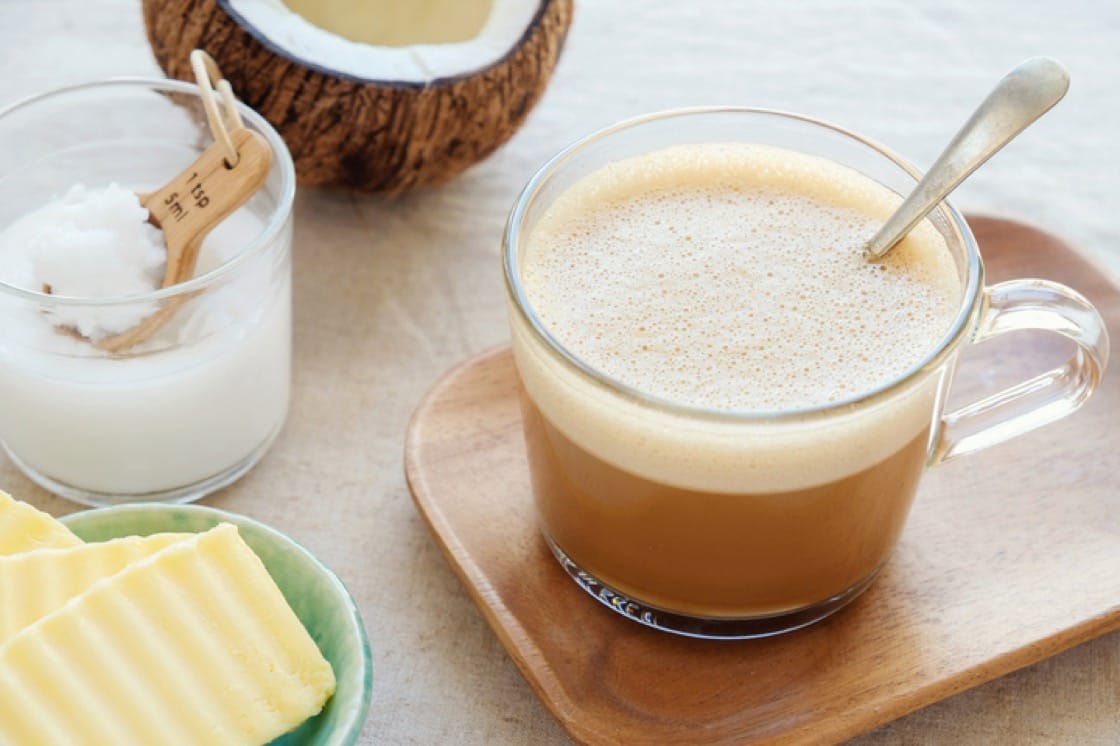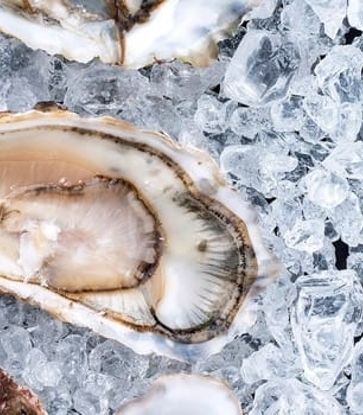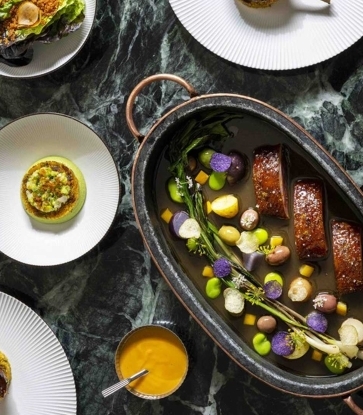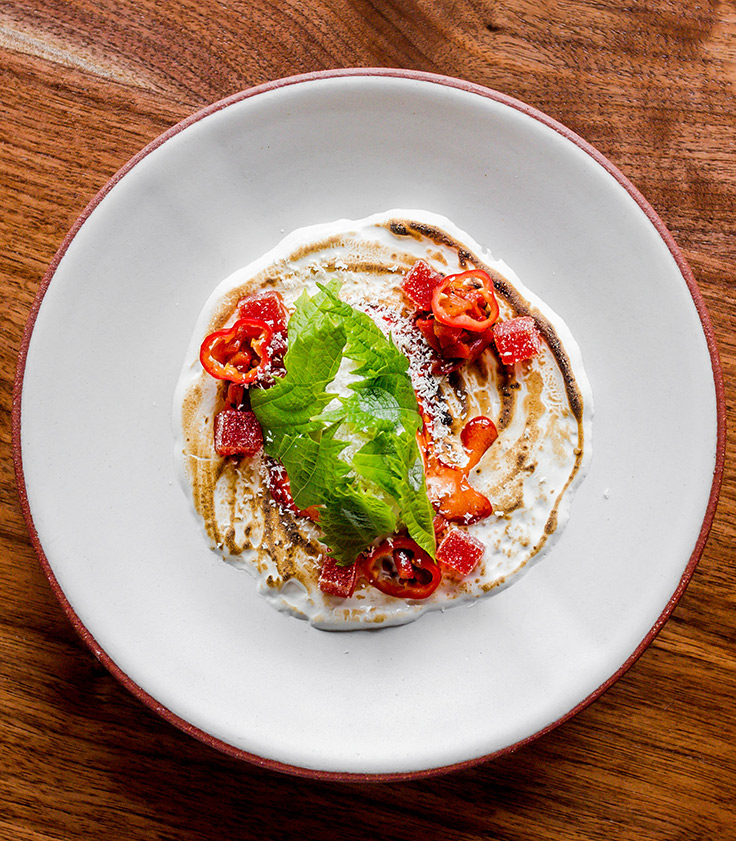“New integrations of fat sources—like keto-friendly nutrition bars crafted with MCT oil powder, coconut butter-filled chocolates, snacks affectionately called ‘fat bombs’ and a new wave of ready-to-drink vegan coffee beverages inspired by butter coffees—are busting on the scene allowing consumers to get their fat fill with convenient treats,” Whole Foods wrote on their website. “Keep your eyes and taste buds open for popcorn made with grass-fed ghee, multiple flavors of ghee that range from sweet to savory, plus new variations on traditional meaty snacks like chicken chips and thin, crisped beef jerky.”
But as with many things, moderation is key and these sources of good fats should be consumed in their recommended serving sizes and as part of a well-rounded diet. Here’s the skinny on some of these surprising sources of good fats.

MCT (Medium-Chain Triglyceride) Oil
MCT oil is having its moment in the sun as the magic ingredient in bulletproof coffee, smoothies and salad dressings. Pure MCT oil is derived by combining medium-chain triglycerides from coconut oil and palm oil. MCTs are digested more rapidly than their long-chain cousins so the body can rapidly absorb and metabolize the fat for fuel, giving your metabolism a little boost in the process and encouraging weight loss. In comparison, longer-chain fats get stored in the body for longer.Ghee
Ghee is made by simmering butter over low heat long enough for the milk solids to caramelize before being strained and discarded, leaving only the clear liquid milk fat. Because ghee is completely free of lactose and casein, it is a great alternative to butter for people who have dairy sensitivities. Ghee is also richer than butter in conjugated linoleic acid (CLA), a polyunsaturated fat that may help increase fat loss.
Tree Nut Butters
While most of us have grown up with good ol’ peanut butter, fancy nut butters are getting increasingly popular with people shelling out more for the likes of almond, cashew or macadamia nut butter—these are nuts grown on trees, unlike peanuts which are technically legumes. Tree nuts like almonds, walnuts and Brazil nuts are high in protein, fiber and vitamins and minerals like iron, calcium and folate, and consuming nuts in butter form actually increases your gut’s absorption of their calories, and in turn, their healthy nutrients. While it’s true that nut butters have a high fat content, these are mostly poly- and monounsaturated fats, which keep you full and encourage nutrient absorption.Heavy Whipping Cream
Drink skim and stay slim? Not anymore. When milk is skimmed, some of the essential fatty acids that help you stay fuller longer gets stripped away. Studies have found that when people reduce how much fat they eat, they tend to replace it with sugar or carbohydrates, which increases the risk of diabetes and abets weight gain instead. And although it’s lower in fat and calories, skim milk also has lower levels of fat-soluble vitamins than whole milk. Surprisingly, heavy whipping cream comes out on top of full-fat milk in the ketogenic department with its higher fat to sugar ratio, and because of how rich it is, less is needed to achieve the same creaminess as milk when used in beverages.












